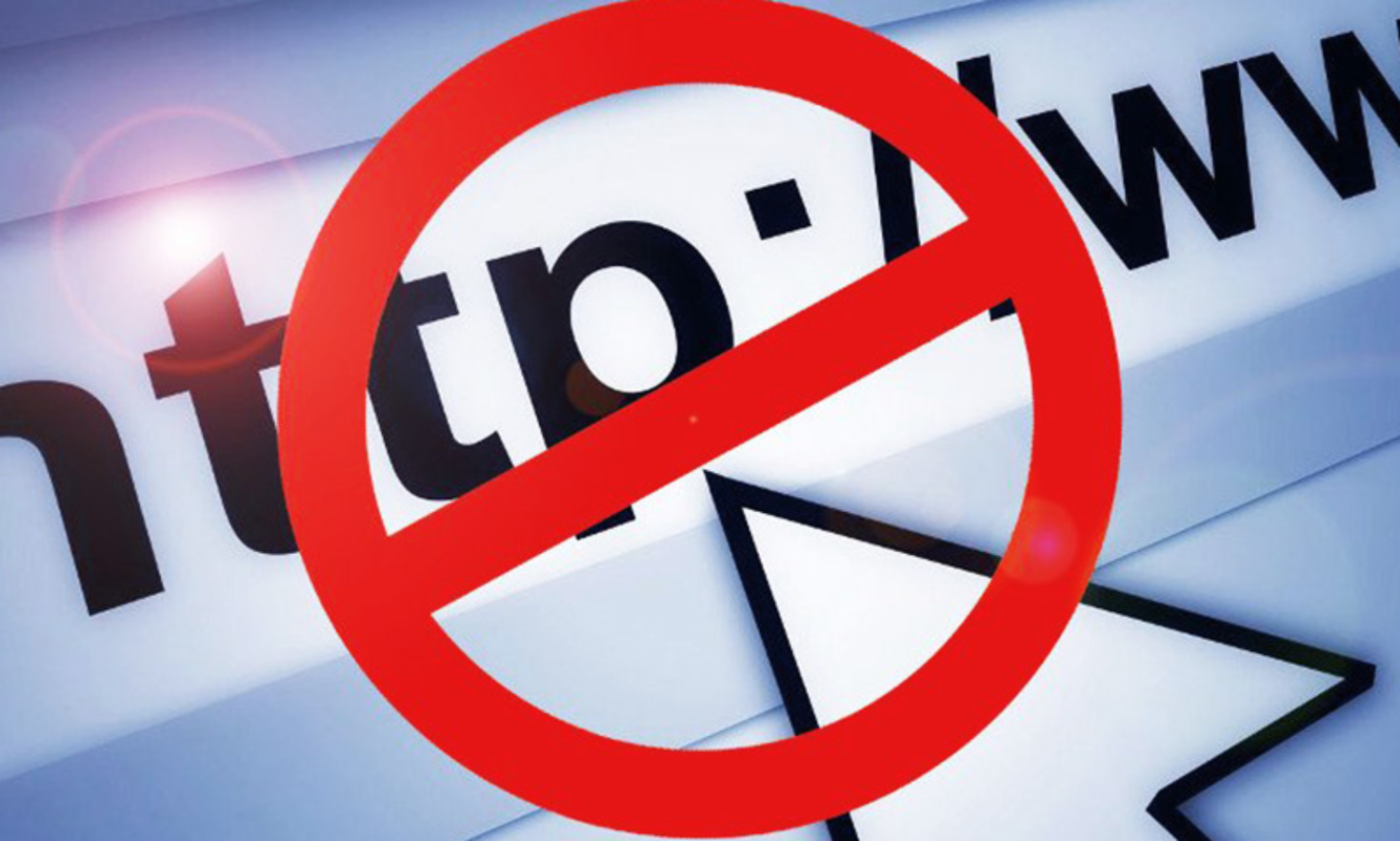Free Courses Sale ends Soon, Get It Now


Free Courses Sale ends Soon, Get It Now



Copyright infringement not intended
Picture Courtesy: www.livelaw.in
Context: The Delhi High Court's decision to issue a "dynamic injunction" to restrain nine websites from illegally broadcasting the ICC Men’s Cricket World Cup 2023 matches is a significant legal move to combat online piracy and protect the rights of content owners.
Key Highlights
|
Dynamic Injunction |
●A dynamic injunction is a legal remedy that allows the court to take pre-emptive action against potential copyright infringement, even before the copyrighted material is publicly released, distributed, or created. ●It is used to prevent the imminent possibility of copyrighted works being uploaded to rogue websites, thereby protecting the interests of copyright owners. This proactive approach is essential in the digital age, where online piracy poses significant challenges. |
|
Protection of Copyrighted Works |
●Dynamic injunctions are intended to protect copyrighted works from being illegally distributed, which could result in financial losses for the copyright holder. In this case, Star India Private Limited, the broadcaster of the ICC Men's Cricket World Cup 2023, sought the dynamic injunction to prevent piracy of the tournament matches, which could potentially harm their revenues. |
|
Past Instances |
●The Delhi High Court has previously granted dynamic injunctions in cases involving online piracy. For example, it issued dynamic injunctions against rogue websites in favour of Star India Pvt. Ltd. in 2021, leading to the takedown of those websites. Another notable case mentioned is "Universal City Studios LLC v. Dotmovies.baby 2023:DHC:584," where a dynamic injunction was granted to protect works during the case's pendency and even future works from infringement. |
|
Section 37 of the Copyright Act |
●The legal basis for such injunctions in India is Section 37 of the Copyright Act, 1957. Section 37 pertains to the "broadcast reproduction right," which is a special right extended to broadcasting organizations. ●It specifies what constitutes an infringement of this right, including re-broadcasting, making sound or visual recordings, and selling or hiring such recordings without the owner's license. |
|
Exceptions in Section 39 |
●Section 39 of the Copyright Act provides exceptions to when the reproduction of copyrighted content can be considered "fair dealing" and not copyright infringement. This section outlines situations where the use of copyrighted material may be considered legal under certain circumstances. |
Conclusion
|
PRACTICE QUESTION Q. In which situation would a dynamic injunction typically be granted? A) After copyrighted content has been widely distributed online. B) To encourage the illegal sharing of copyrighted material. C) To prevent potential copyright infringement before it occurs. D) When copyright owners have already suffered financial losses. Answer: C Explanation: Dynamic injunctions are typically granted to prevent potential copyright infringement before it occurs, ensuring that copyright owners are protected from the outset. |
© 2024 iasgyan. All right reserved